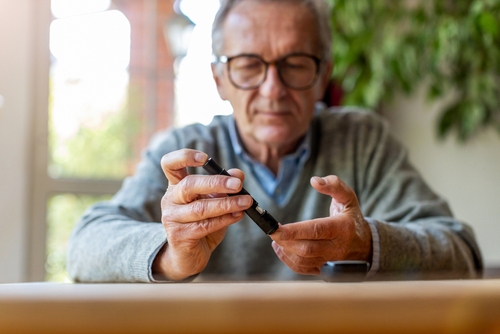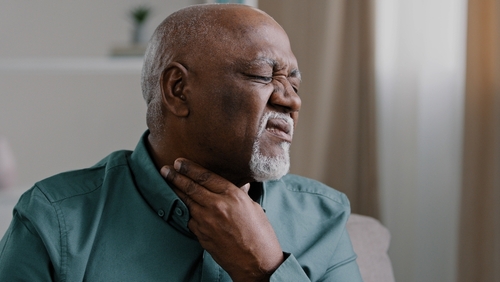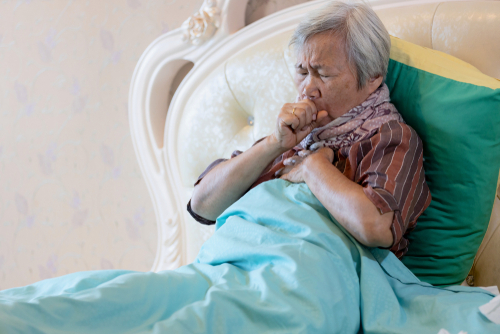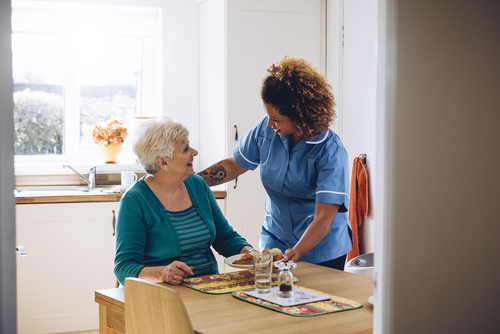Symptoms of Diabetes in Elderly Adults
Category:

Symptoms of Diabetes in Elderly Adults
Diabetes and elderly are two words that seem to be linked when we think about conditions that occur in the over 65 crowd. Diabetes is a condition that does not discriminate by age, but the risk of developing diabetes increases as we get older. It is estimated that 25% of adults over the age of 65 have diabetes, which equates to about 12 million seniors.
Why do Older People Get Diabetes?
Elderly people have decreased muscle mass, reduced physical activity, and in some cases, increased insulin resistance.
The pancreas, which helps to regulate blood sugar and produce insulin is not as efficient as it was in the younger years. These factors can all lead to the development of diabetes in the elderly.
The symptoms of diabetes in older adults can cause or trigger other health problems. Diagnosis and subsequent treatment are essential, especially where diabetes and the elderly are concerned.
Older people who develop severe infections due to diabetes have a hard time fighting them off. Diabetes-related vision problems can lead to falls or an inability to read or drive a car.
What are the Symptoms of Diabetes in the Elderly?
- Excessive thirst
- Increased urination
- Fatigue
- Wounds that heal slowly or not at all
- Blurred or impaired vision
- Dizziness
- Numbness in the feet or hands
- Confusion
- Kidney infections
- Kidney failure
- Heart Disease
As you can see, diabetes isn’t a disease that can be fixed by simply taking a pill or a shot of insulin. It is far-reaching when it comes to causing the onset of other illnesses and conditions.
What is High Blood Sugar in Elderly Patients?
High blood sugar, also referred to as hyperglycemia, is a common problem for people with diabetes. It occasionally occurs in people who do not have diabetes but have had a serious illness, a heart attack, or a stroke.
The symptoms of high blood sugar are the same as the symptoms of diabetes.
Although high blood sugar can be the result of undiagnosed diabetes, it can also be triggered by the following:
- Stress
- Eating too much and heavy snacking between meals
- An illness such as a virus or a cold
- Lack of exercise
- Dehydration
- Missing a dose of diabetic medication or taking a dose that is not correct
- Taking steroids
- Eating excessive amounts of sugary or starchy foods
If you have an occasional episode of high blood sugar, it is not a cause for concern, but if your blood sugar is elevated and stays that way for a long period of time, you should seek the advice of your medical professional.
If you are diabetic, you may need a medication adjustment. If not, you may need to be tested for diabetes.
Diabetes is a serious disease, and it affects many older adults. You can reduce your risk of developing diabetes or keep it under control by following your doctor’s advice.
Lifestyle can help with the prevention and treatment of diabetes. Simple things such as healthy food choices, maintaining a healthy weight, not smoking, getting adequate rest, and developing a regular exercise program will help to manage your condition and make you feel better overall.
Subscribe
Date: September 15, 2022
Category:


